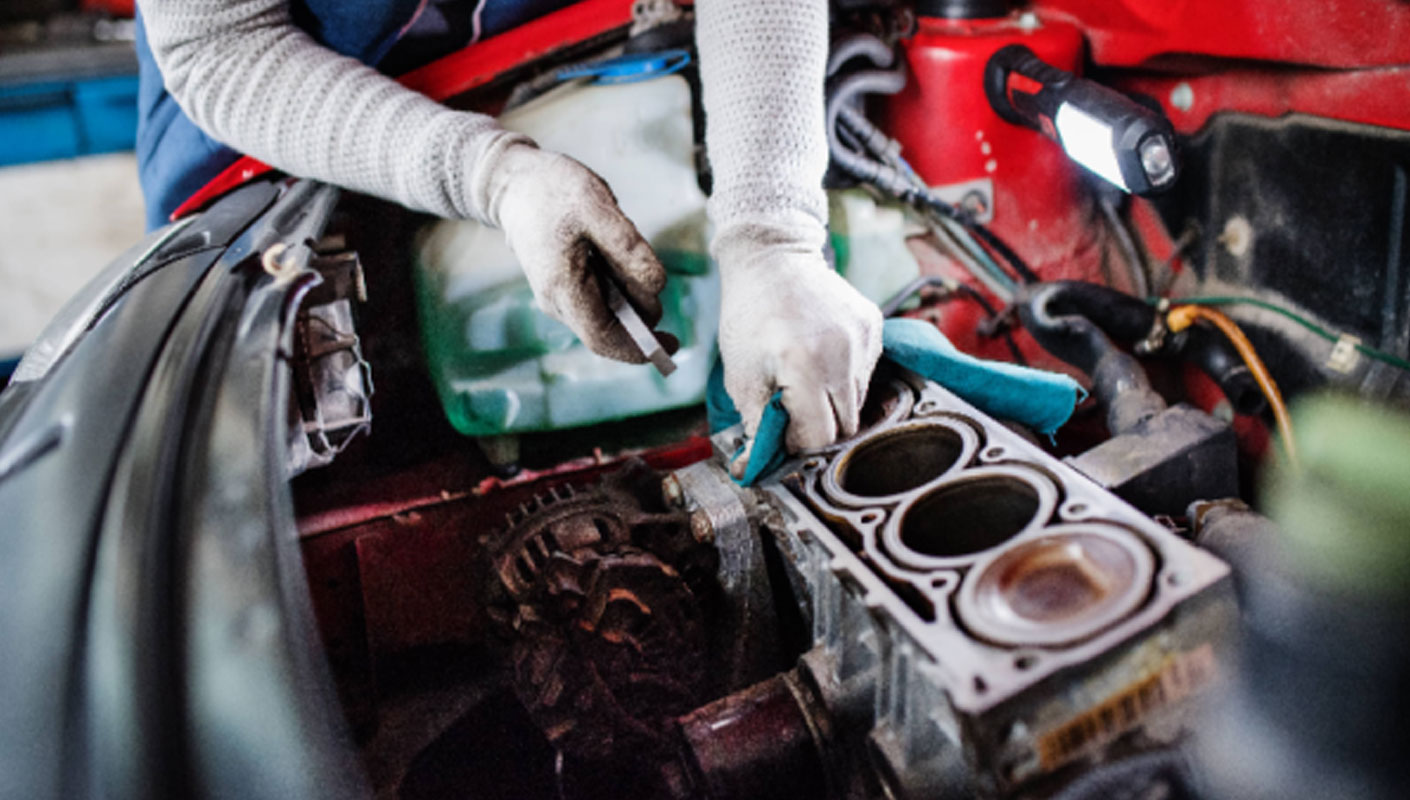There are several reasons why you like your diesel-powered car, including improved fuel efficiency, reduced emissions, and cheaper and less frequent necessary maintenance checks than gas-powered vehicles.
However, just because maintenance checks are less regular does not mean you cannot care for your diesel engine in the meanwhile. If you want to keep your diesel truck or car operating longer, follow these diesel engine maintenance guidelines.
1. CLEAN YOUR ENGINE.
Diesel engines could benefit from more regular cleaning since they typically last longer than their gas equivalents. After example, dirt and dust have more opportunity to accumulate on an engine when a car travels longer distances and performs more difficult jobs.
The lifetime of the engine's parts is shortened and fuel efficiency may even be reduced when dirt builds up on them. Additionally, the components and parts of your engine may wear out more quickly if you reside in a place with severe winters because of exposure to road salt, which exacerbates rust and corrosion.
It goes without saying that keeping your diesel engine clean is a simple yet crucial part of engine maintenance. Before beginning to clean, you should refer to your owner's handbook. However, you'll probably need:
- An old toothbrush to help you get into the nooks and crannies
- A moist sponge to wipe down the engine bay
- A specialized degreaser to safely dissolve gunk
As always, ensure sure your engine is cold before beginning any cleaning, and put on safety equipment like as gloves and goggles.
Examine the handbook for your car to find out which engine parts are safe to hose down since some may not be watertight.When cleaning, Car and Driver advises covering such water-sensitive areas with plastic bags.
Pro tip: If you'd prefer not use any water at all, think about dusting clean your engine compartment using a leaf blower on the low setting.

2. CHECK YOUR AIR FILTER.
While you're under the hood, check out your air filter. On most vehicles, including diesel ones, the air filter is under the hood inside a rectangular cold air collector box that's located up near the front of the engine compartment.
A filthy filter can “choke” your engine, forcing it to use more fuel to get the power and acceleration that you depend on. Generally, you should get your air filter replaced every 12,000 miles, or have it checked out if you notice decreased engine power, weaker acceleration, or increased engine wear.
3. TAKE CARE OF YOUR ENGINE’S RADIATOR.
The radiator of an automobile dissipates heat from the engine into the surrounding air. How does this cooling process operate, though? Coolant, often known as antifreeze, first passes through the engine "picking up" heat. Heat is released into the atmosphere by the heated coolant cycling back to the radiator. This cycle is then repeated with the newly cooled antifreeze returning to the engine.
Diesel engines may overheat because their radiators can go hotter than those of gas motors since they typically operate hotter. Engine parts like cylinders and gasket seals may distort as a result of overheating, which might ultimately result in total (and perhaps irreversible) engine failure.
One of the best ways to keep your diesel engine from overheating is to do routine coolant or radiator replacements. What to anticipate from a radiator swap service is as follows:
- A specialized cleaning fluid is pumped through the cooling system and radiator.
- Rust and impurities are eliminated in the antifreeze.
- The system is topped off with new antifreeze to help it cool efficiently.
Many automobile manufacturers suggest getting radiator fluid exchanges every 40,000 to 60,000 miles, but it’s always best to check the manufacturer’s recommendations for your diesel car or truck. Get your cooling system and radiator checked out earlier if you notice:
- Orange- or green-ish fluid leaks on the surface under your card
- A maple syrup-like smell coming from the engine
- Steam coming from under the hood
4. GET THE FUEL FILTERS REPLACED.
Gas vehicles have a single fuel filter, but most diesel engines have two — a primary fuel filter between the gas tank and the engine, and a secondary filter between the transfer pump and fuel injectors. Due to the less-refined nature of diesel, the fuel tends to absorb more water from condensation in the tank leading many manufacturers to build diesel engines with two fuel filters.
When there are water particles in diesel, a few things can happen to your engine:
- You could notice a decrease in horsepower.
- Your engine could stall.
- Your fuel injectors could explode.
Don't wait for car problems to pop up! Instead, help avoid them with a Complete Vehicle Inspection and preventative maintenance services. Most diesel engines need fuel filter replacement services every 10,000 to 15,000 miles, but you should check the manufacturer's recommendations for your make and model. Keep in mind that it is advisable to replace primary and secondary fuel filters at the same time to maximize their efficiency and lifespan.
.png)










